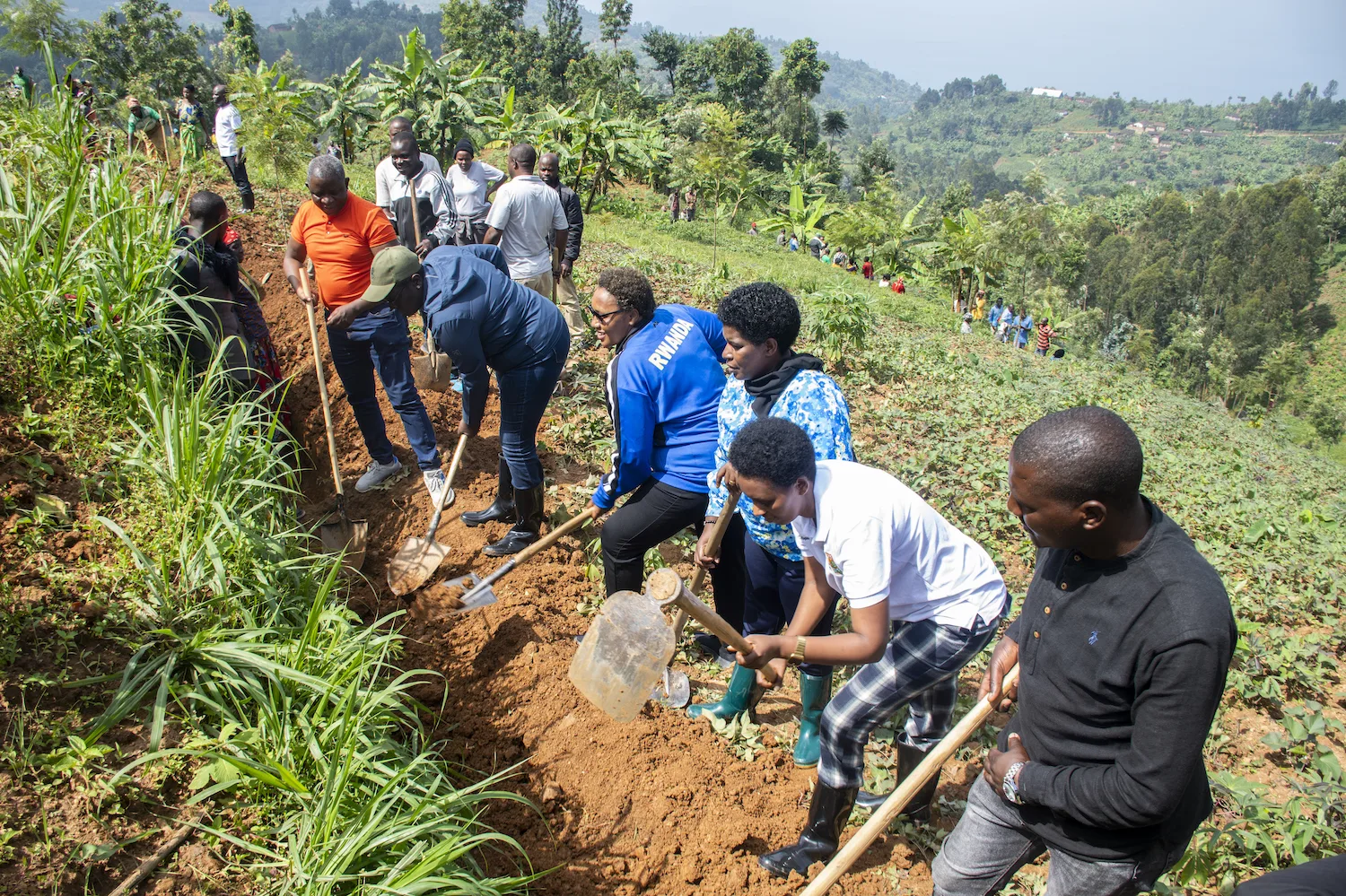A Community-based Participatory Framework for the Assessment of Resilience in Rwanda
Three decades after the Genocide against the Tutsi, Rwanda continues to navigate the complexities of rebuilding the social fabric and strengthen resilience of its population. The Ministry of National Unity and Civic Engagement (MINUBUMWE), in collaboration with Interpeace has released a new research titled: A Community-based Participatory Framework for the Assessment of Resilience in Rwanda. The objective of this study, conducted across all 30 districts of Rwanda, was fourfold. Firstly, it aimed to formulate and validate resilience indicators for structuring future research activities, policies, and programmes related to community resilience in Rwanda. Secondly, it sought to devise a participatory, multi-level methodology for assessing resilience indicators, drawing from existing frameworks, while tailoring them to Rwanda's specific context. Additionally, the study aimed to establish a baseline for community resilience across all districts of Rwanda and to propose actionable policy and programmatic recommendations for enhancing resilience nationwide.
Involving a significant sample of 7,481 individuals, the study adopted a mixed-methods approach, integrating both qualitative and quantitative methods. Resilience was evaluated across four levels—individual, household, community, and institutional—using a comprehensive set of 38 indicators.
Les résultats ont souligné un degré louable de résilience à tous les niveaux évalués, montrant une étape importante trois décennies après le génocide contre les Tutsis. Les recommandations ont souligné la nécessité d'intensifier les efforts en matière d'initiatives de guérison sociétale, de développement des infrastructures et de facilitation de l'accès au financement et aux opportunités d'emploi.
Read the Executive Summary Cliquez ici.

